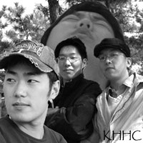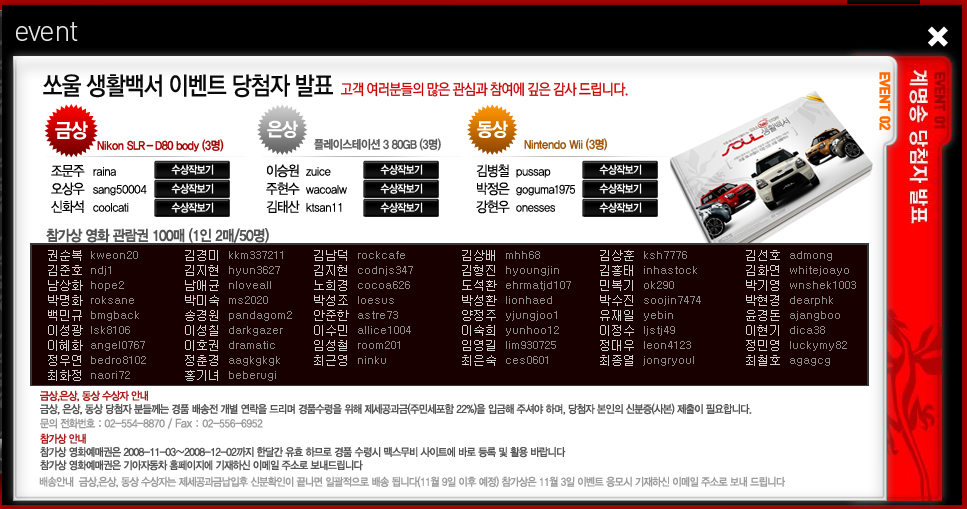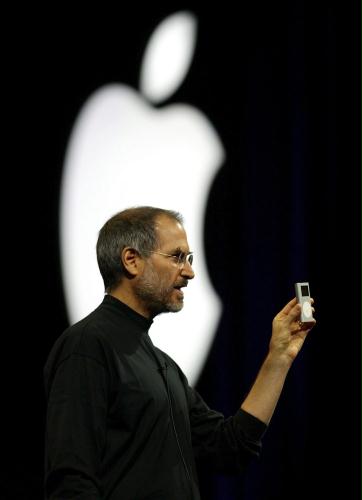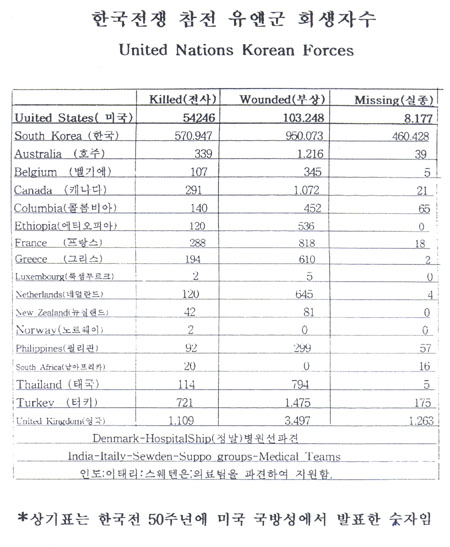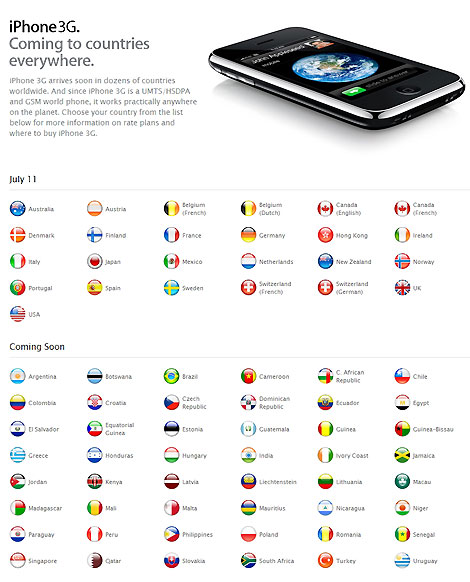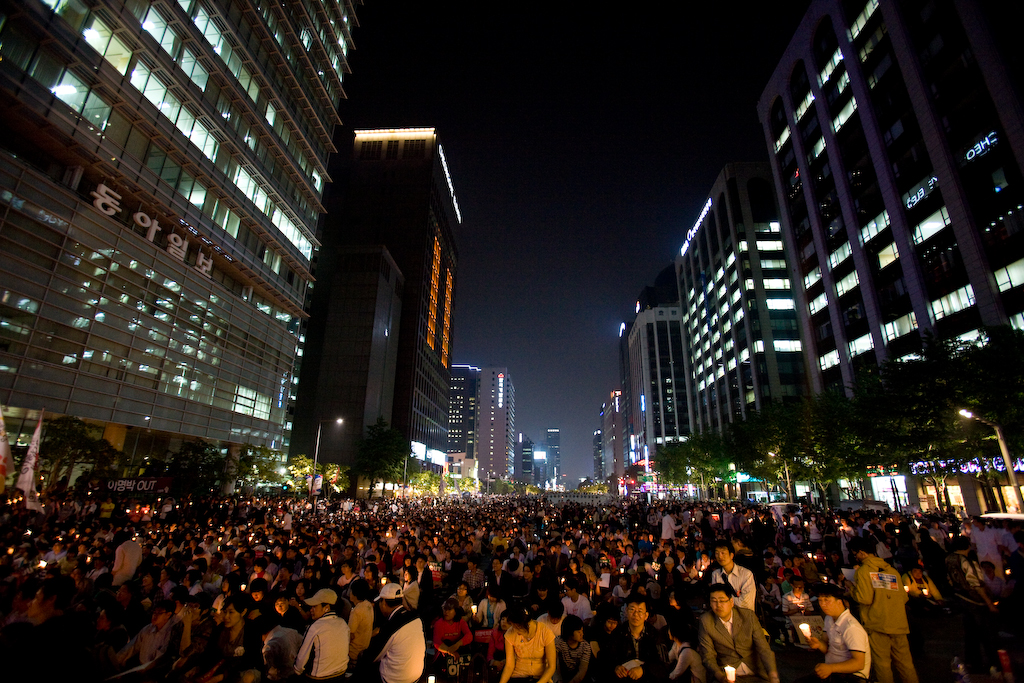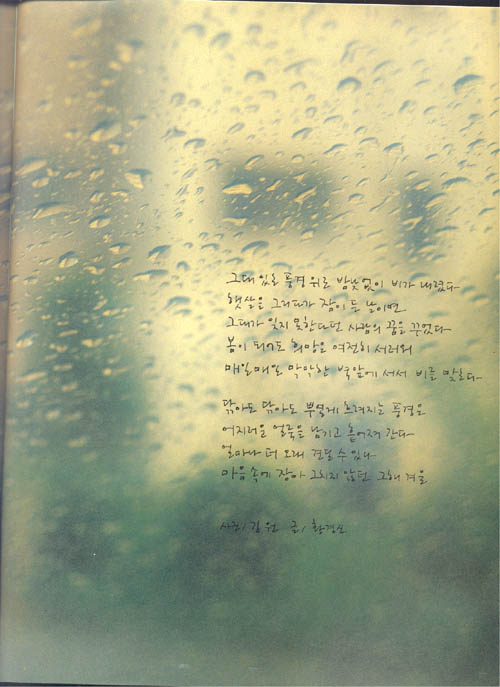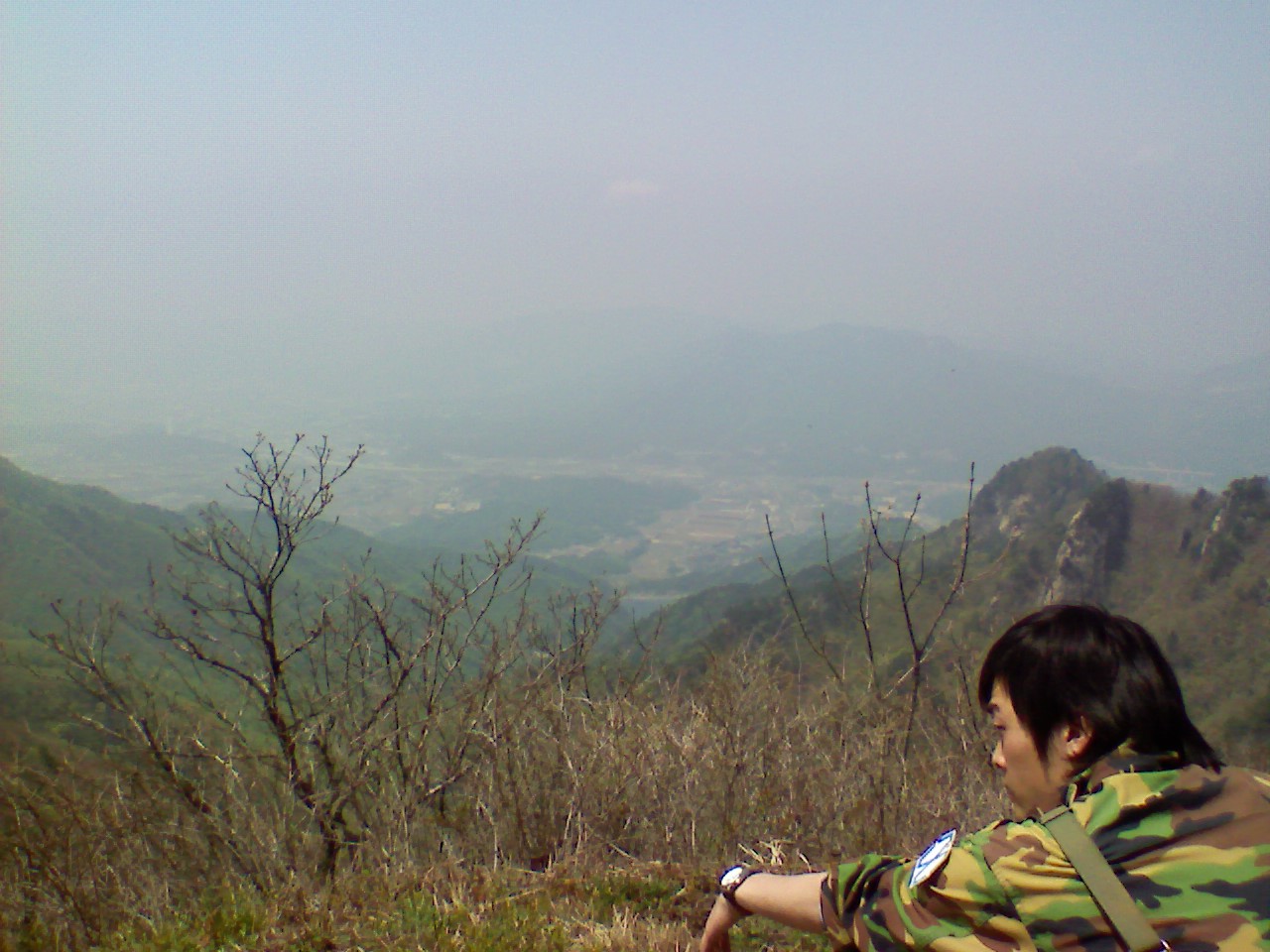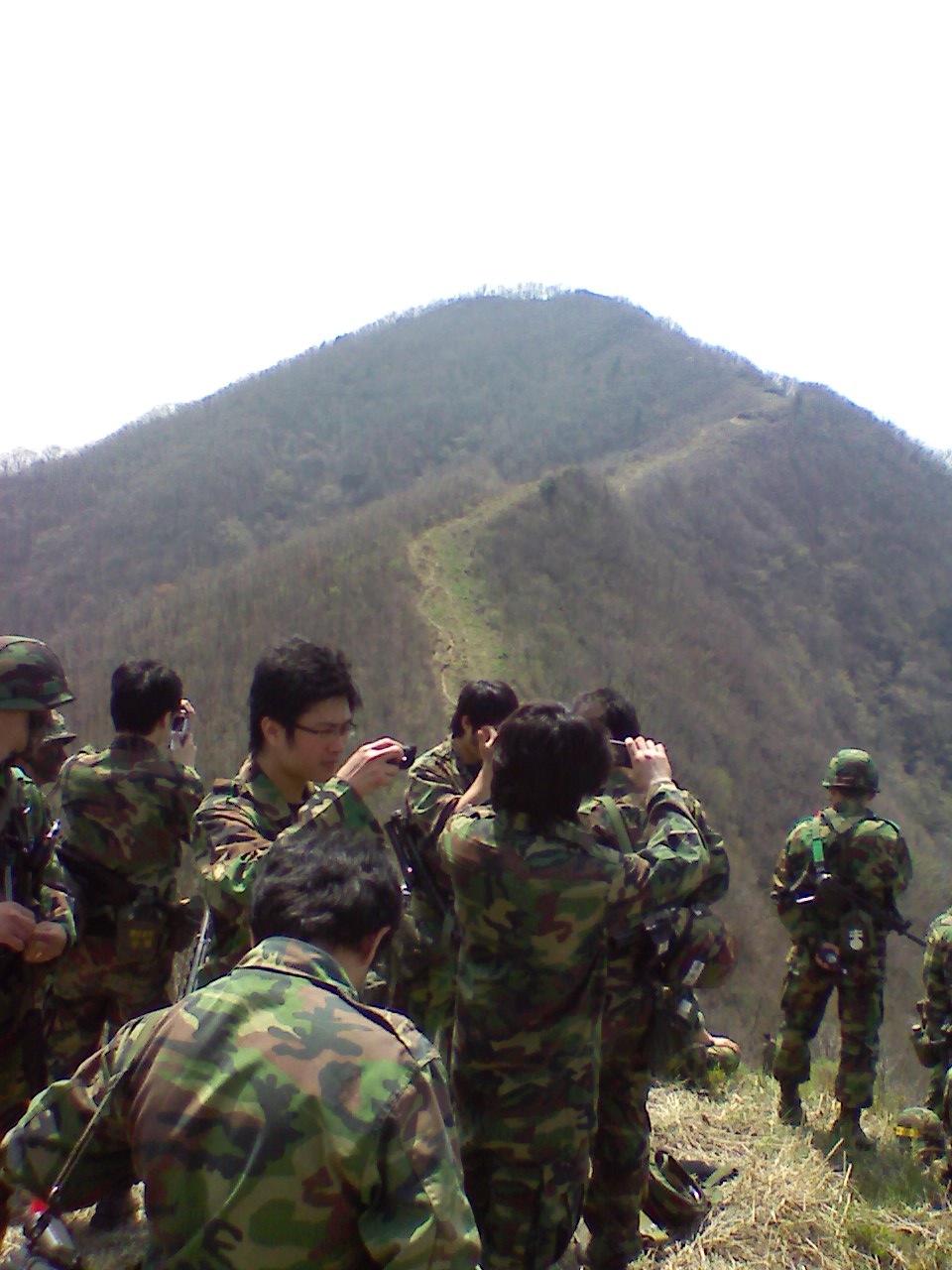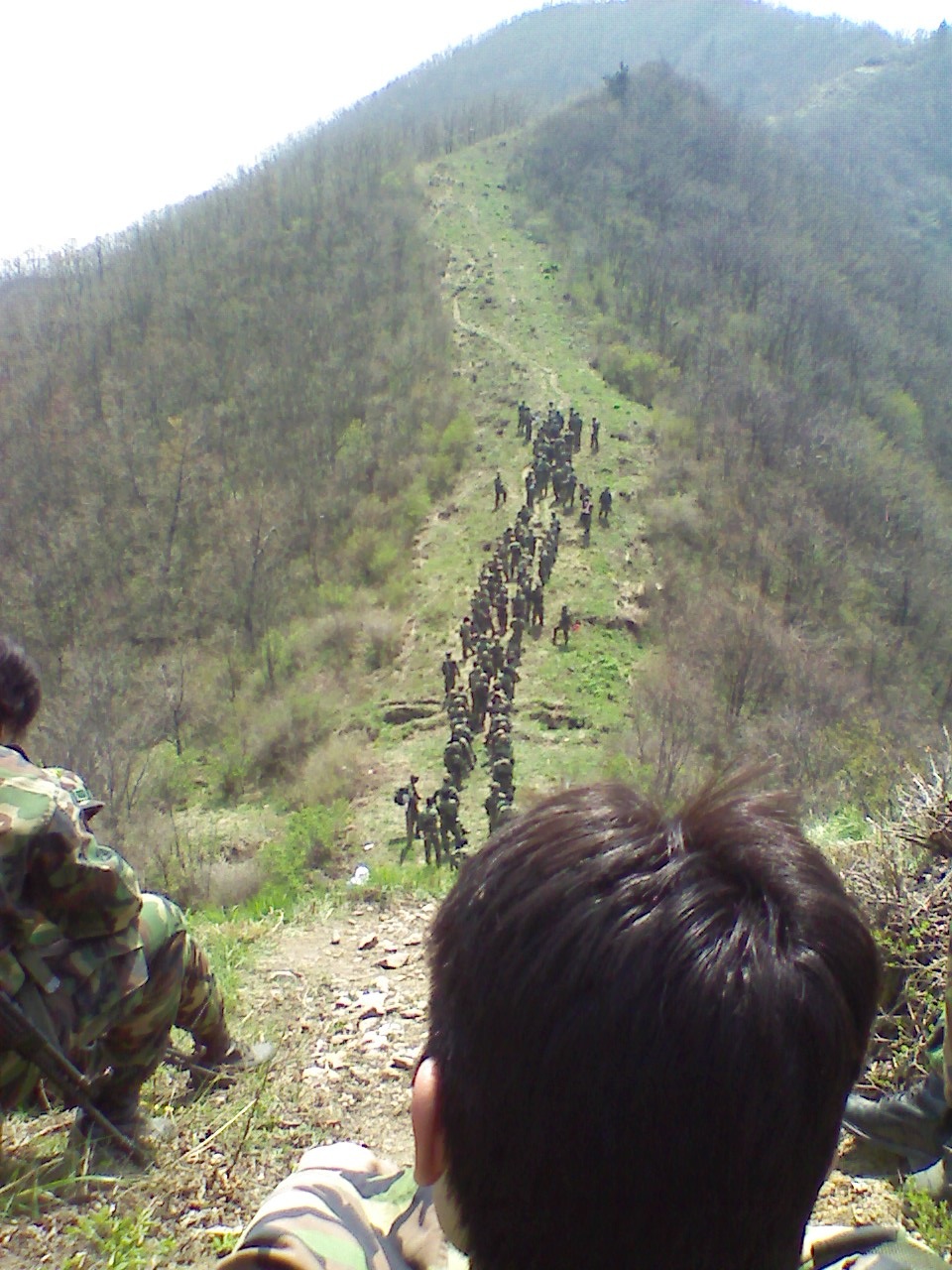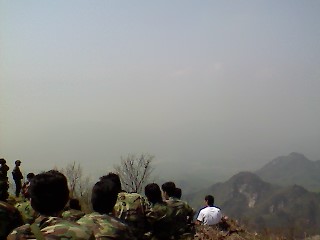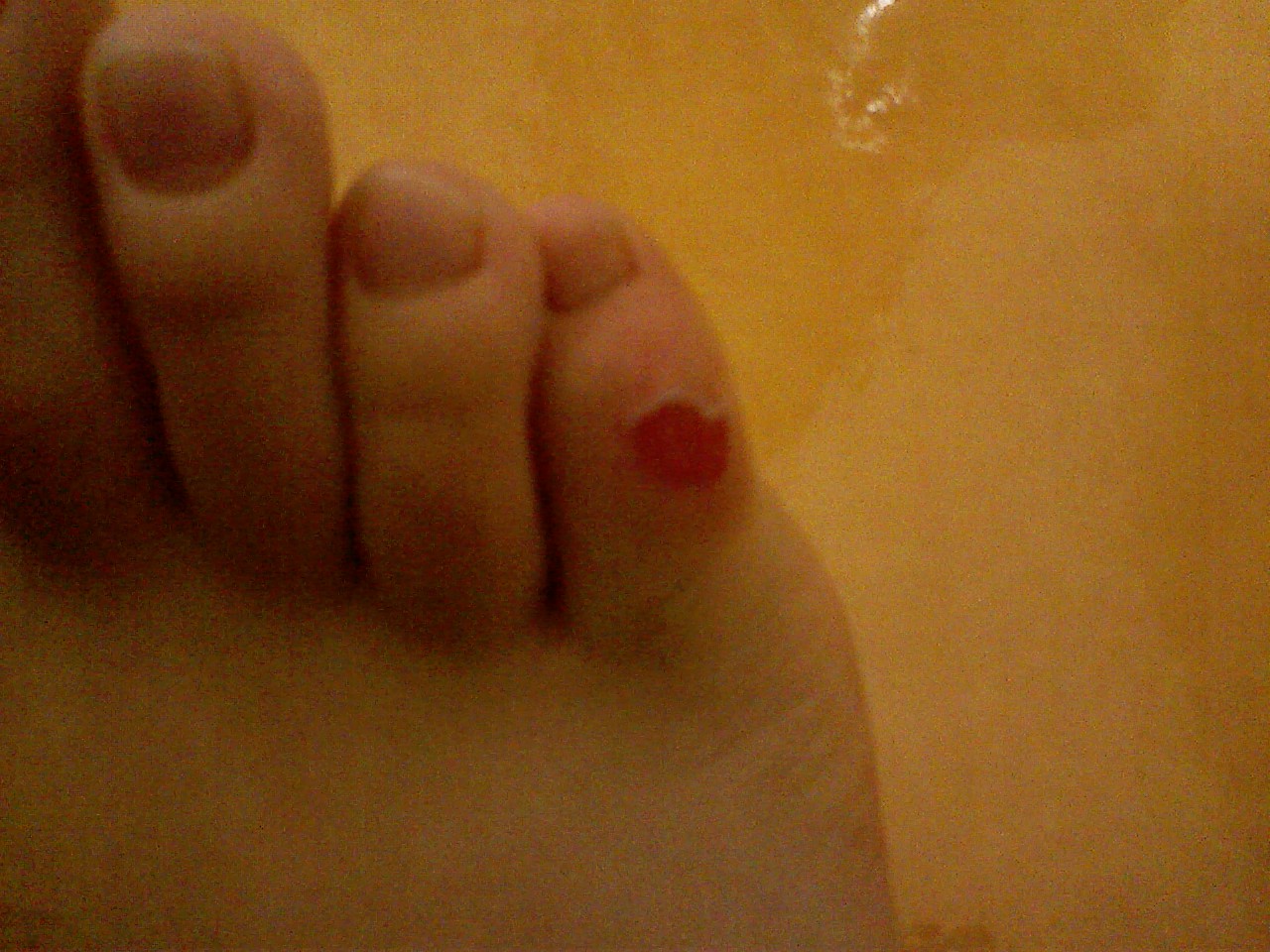촛불집회의 규모가 점점 커져가고 있다.
앞으로 청와대의 향방은 어찌 될까......
SEOUL, South Korea (CNN) -- Police in South Korea detained more than 200 protesters Sunday who clashed with officers over the country's decision to open its market to most U.S. beef, state media said.

Demonstrators protesting the lifting of a ban on U.S. beef clash with riot police in Seoul, South Korea, Sunday.
The country had banned imports in 2003 amid concerns over a case of mad cow disease in the United States.
The protesters were part of a 40,000-strong crowd who had gathered in central Seoul late Saturday night. Most dispersed after midnight, but a few hundred demonstrated in downtown streets into the early morning hours of Sunday, the news agency Yonhap said.
Riot police fired water cannons and scuffled with several protesters who tried to head for the presidential palace.
South Korea announced Thursday that it would resume importing U.S. beef as early as this month. The 2003 ban on imports closed what was then the third-largest market for U.S. beef exporters.
In downtown Seoul, thousands of people responded with regularly-staged protests, chanting "We don't want crazy cows." Authorities have dispatched more than 10,000 riot police everyday to keep the peace, Yonhap said.
Last year, South Korea resumed limited imports last year -- allowing boneless beef from cattle under 30 months of age -- but that re-opening was subject to interruptions and closed altogether in October 2007.
A deal that South Korea and the United States struck in April bans the import of high-risk materials, like tonsils, brains, spinal cord marrow and a section of the small intestine, Agriculture Minister Chung Woon-chun said, according to South Korea's Yonhap news agency. These parts pose the greatest risk of transmitting mad cow disease to humans.
The pending resumption of U.S. beef imports hasn't been without political costs for President Lee Myung-bak. He apologized to the nation last week for failing to fully understand concerns about mad cow disease.
Lee's ruling Grand National Party (GNP) is working to soothe tensions, saying that American beef is safe to eat and that adequate safety precautions have been taken.
"The government has tried its best to free the public from unnecessary concerns, and sufficient countermeasures have been prepared," said Lee Hahn-koo, the party's chief policy maker, Yonhap reported.
When South Korea and the United States reached the deal in April to re-open the South Korean market, they removed the major obstacle to U.S. congressional approval of the Korea-U.S. Free Trade Agreement (FTA).
Lee urged the National Assembly in May to ratify the agreement as soon as possible to provide fresh impetus to the sluggish Korean economy, saying it will create 300,000 jobs.
But the opposition has promised to fight the FTA until the beef pact is nullified.
"We will be forced to make a critical decision if the government pushes through its plan to announce resumption of beef imports," said Sohn Hak-kyu, leader of the main opposition United Democratic Party, Yonhap reported.
"If the government and the ruling party ignore this warning, we will come up with every possible measure to stop them."
The opposition has already filed a suit to suspend implementation of new beef import terms, according to Yonhap.
In 2003, the United States exported $815 million pounds of beef and beef variety meats to South Korea. The U.S. beef industry has lost up to $4 billion since the market closed, according to the U.S. Meat Export Federation.

